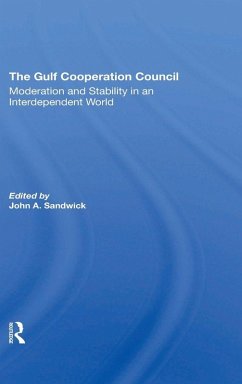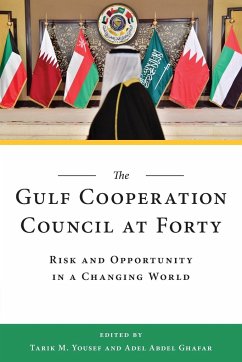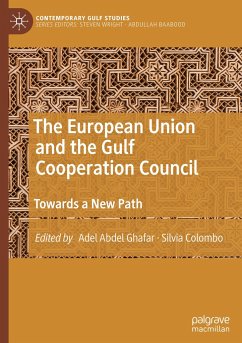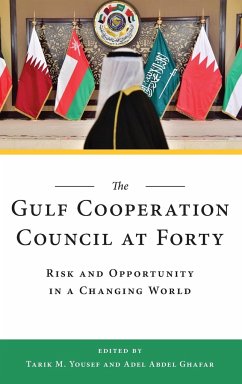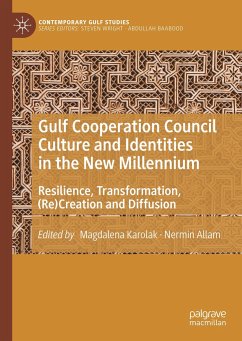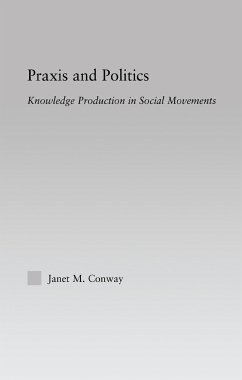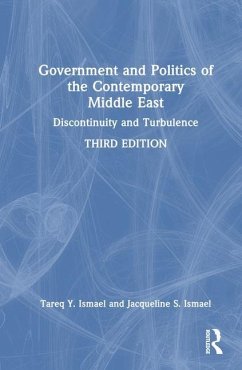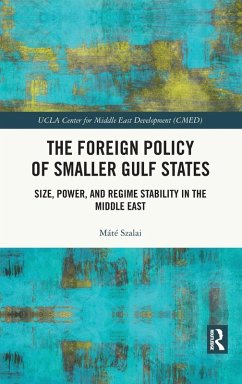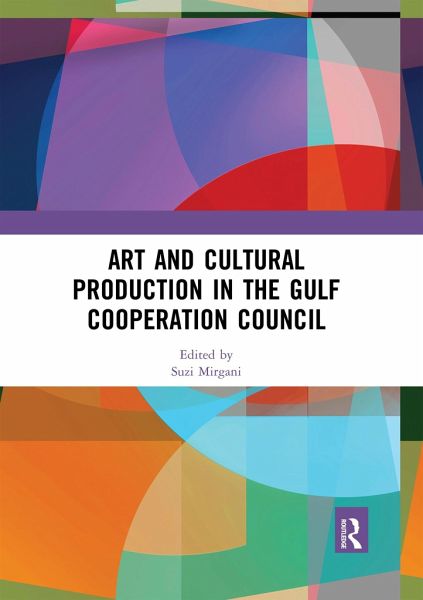
Art and Cultural Production in the Gulf Cooperation Council
Versandkostenfrei!
Versandfertig in 1-2 Wochen
54,99 €
inkl. MwSt.

PAYBACK Punkte
27 °P sammeln!
State-driven investments in art and cultural production in the states of the Gulf Cooperation Council (GCC) are an important part of the search for longer-term alternatives to the longer-term unsustainability of the hydrocarbon-based economic development model. They also are an element in the search for soft power and status, and intersect with the nation-building project. The long-term planned--and unplanned--effects of such cultural initiatives include a necessary opening up to a future of unexpected and often undesired cultural encounters, whether in the classroom, the art gallery, the spor...
State-driven investments in art and cultural production in the states of the Gulf Cooperation Council (GCC) are an important part of the search for longer-term alternatives to the longer-term unsustainability of the hydrocarbon-based economic development model. They also are an element in the search for soft power and status, and intersect with the nation-building project. The long-term planned--and unplanned--effects of such cultural initiatives include a necessary opening up to a future of unexpected and often undesired cultural encounters, whether in the classroom, the art gallery, the sports stadium, or the labor office. As states driven by a desire to raise both their regional and international status, but needing to satisfy their domestic conservative constituencies, their greatest test will be their judicious negotiating of the conflicting sociocultural elements of an increasingly globalized world. This volume offers a comprehensive multi-disciplinary analysis of this complex arena and the state of art and cultural production in these Gulf societies, through original studies on identity formation and an emerging museology; the aesthetics of censorship; the question of authenticity; cultural projects as state-driven soft power efforts; the phenomenon of public art; and artistic engagements with migrant labor communities. The chapters originally published as a special issue in the Journal of Arabian Studies.





